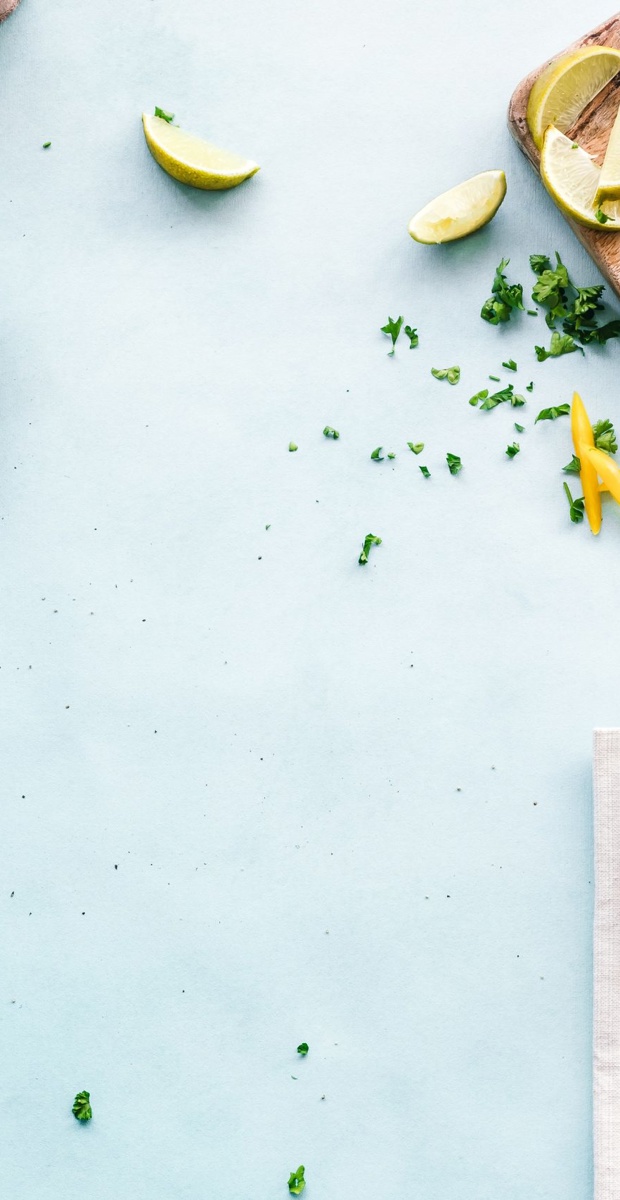There are usually no risks for vegetarians. On the other hand, vegans are at higher risk of developing multiple nutritional deficiencies during pregnancy.
Vegan diets contain no animal products or animal byproducts.
A diet that lacks variety and foods from all food groups is at risk of deficiency in key nutrients found in meat, poultry, fish, eggs and/or dairy products. These nutrients include:
- iron
- vitamin B12
- calcium
- vitamin D
- omega-3 fatty acids
Because these nutrients are found more abundantly in animal products and byproducts, it is extremely difficult to consume them in sufficient amounts exclusively from plant-based products. For instance, calcium is found in some vegetables such as spinach, broccoli and cabbage, but in much smaller quantities than in animal products. Tofu, however, is a good source of calcium. Pregnant women should therefore make sure they consume various sources of calcium and to include enriched plant-based beverages.
In the short and long term, pregnant women with iron deficient diets are at risk of developing anemia. Additionally, a deficiency in calcium and/or vitamin D can place the mother at risk of osteoporosis in the long run.
Vegan pregnant women should have their diet assessed by a registered dietitian in order to avoid nutritional deficiencies for both herself and her baby.
